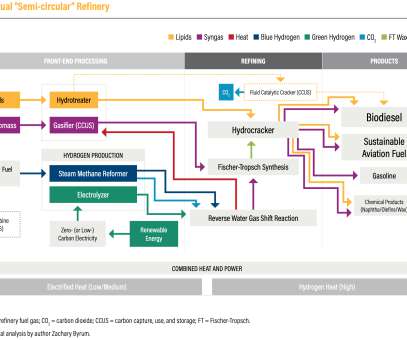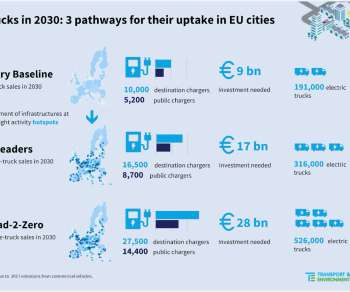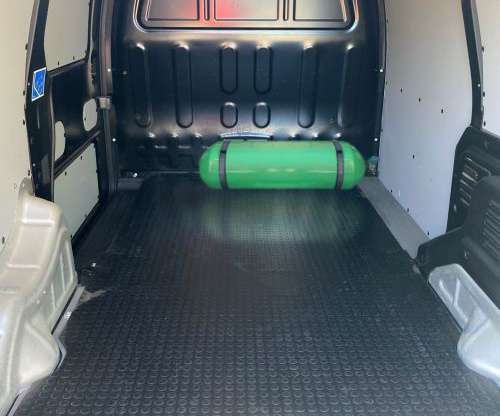WRI paper outlines technological pathways for decarbonizing petroleum refining
Green Car Congress
OCTOBER 24, 2021
Petroleum refining produces approximately 13% of US industrial greenhouse gas emissions and approximately 3% of all US emissions. For the US to meet its current climate target of net-zero emissions economy-wide by 2050, petroleum use must significantly decline and refineries must transform to reduce their substantial emissions.
























Let's personalize your content